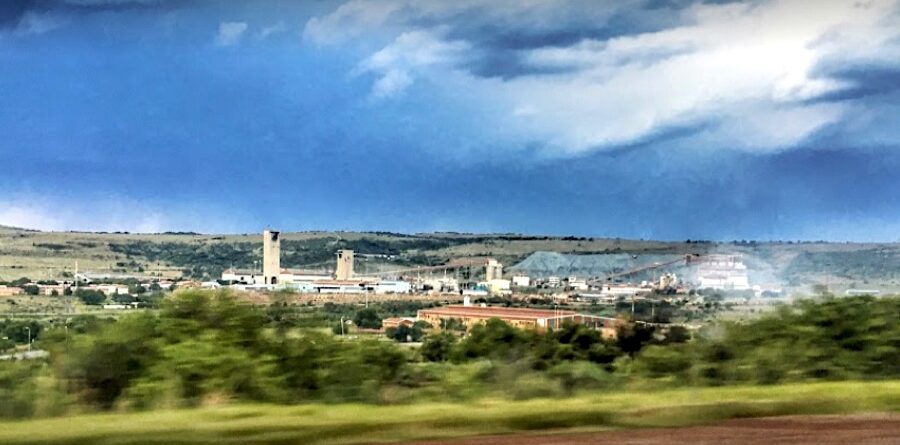Harmony Gold raises $200m to buy AngloGold assets
By Cecilia Jamasmie
Harmony Gold (JSE: HAR) (NYSE: HMY) said on Thursday it had raised $200 million from a planned shares placement to partially fund its acquisition of rival AngloGold Ashanti’s (NYSE: AU) (JSE: ANG) assets in South Africa.
The Randfontein-based gold producer issued more than 60 million new ordinary shares at a price of 57.50 rand apiece on Wednesday. Harmony said it represented roughly 11% of its issued ordinary share capital before the placing.
“HARMONY’S ACQUISITION WILL BOOST ITS GOLD PRODUCTION BY ABOUT 350,000 OUNCES A YEAR TO MORE THAN 1.8 MILLION OUNCES”
The company agreed in February to buy AngloGold’s Mponeng mine, the world’s deepest gold mine, as well as its Mine Waste Solutions assets for about $300 million.
The deal marked AngloGold’s exit from its home country to focus on more profitable mines in Ghana, Australia and the Americas.
For Harmony, the acquisition will allow it to sustain growth and replace capacity currently coming from its Masimong and Unisel mines, which are running out of ore.
It will also boost gold production by about 350,000 ounces a year to more than 1.8 million ounces.
Harmony’s chief executive officer, Peter Steenkamp, has repeatedly said that South Africa is its main investment target.
South Africa’s gold industry, however, continues to face mounting challenges, including geological and safety aspects of extracting ore from the world’s deepest mines.
Harmony is betting on recreating the successful strategy applied after it bought Anglo’s Moab Khotsong mine in 2017. Half of that money has already been paid back, Steenkamp said.
End of an era
Mponeng generated 265,000 gold ounces in 2018. Output from the surface operations, which extract the precious metal from ore dumps, totalled 171,000 ounces. Those South African assets accounted for about 13% of AngloGold’s production that year.
AngloGold was born out of the mines bought and built by Anglo American, founded by the Oppenheimer family more than a century ago.
The company was the dominant gold miner for decades, but progressively became weaker as it closed and sold old mines in South Africa, in favour of offshore investments.
Source: Mining dot Com


